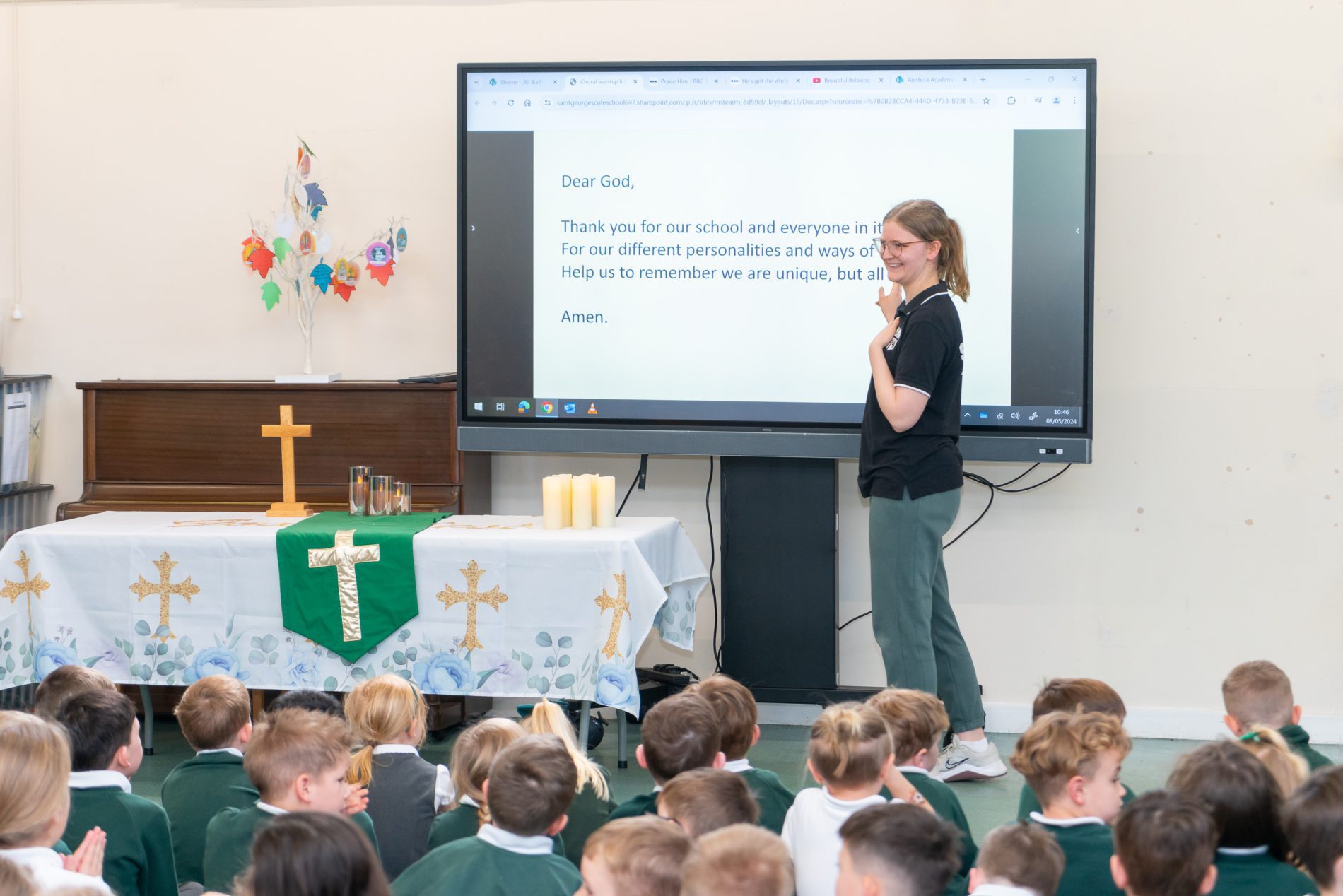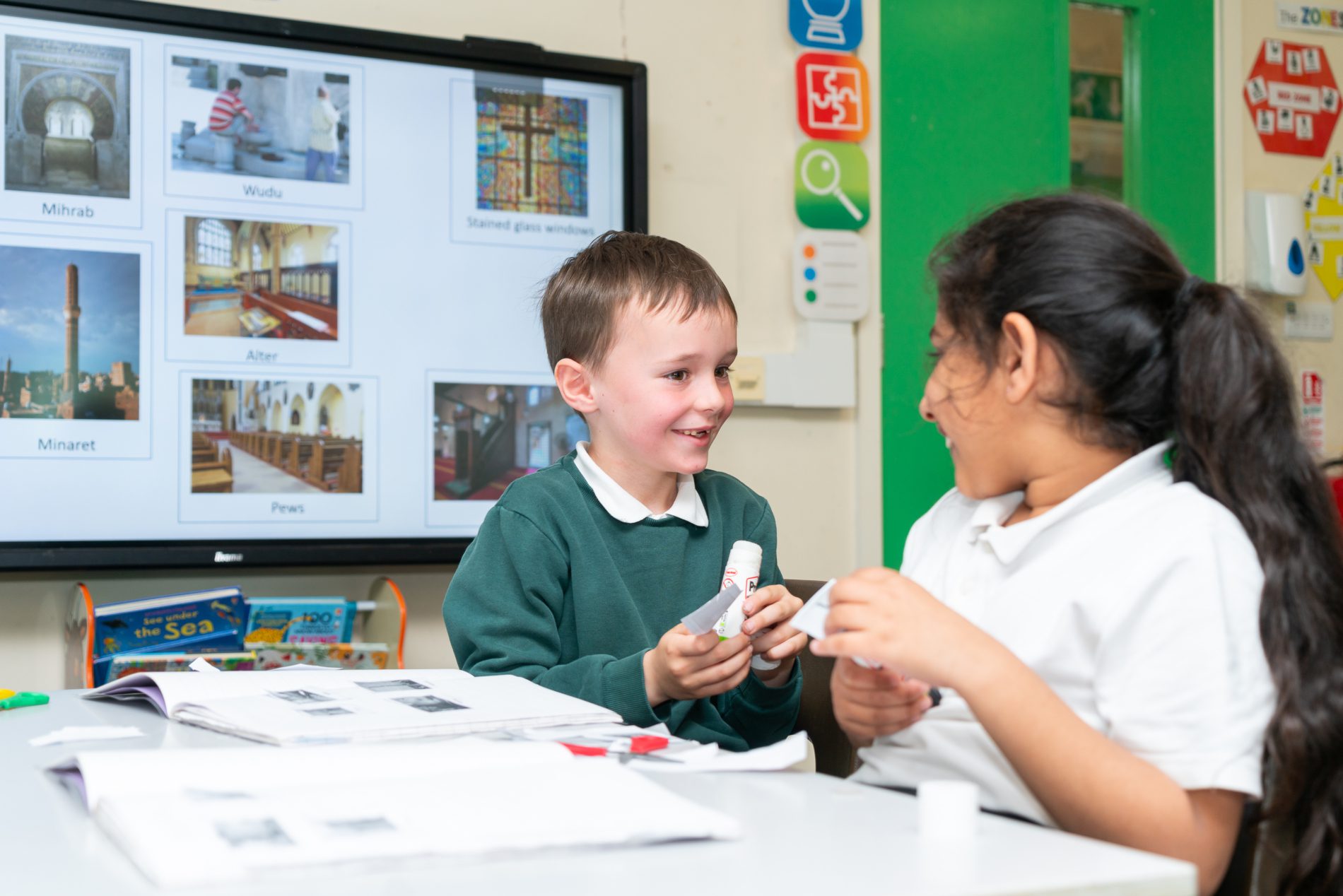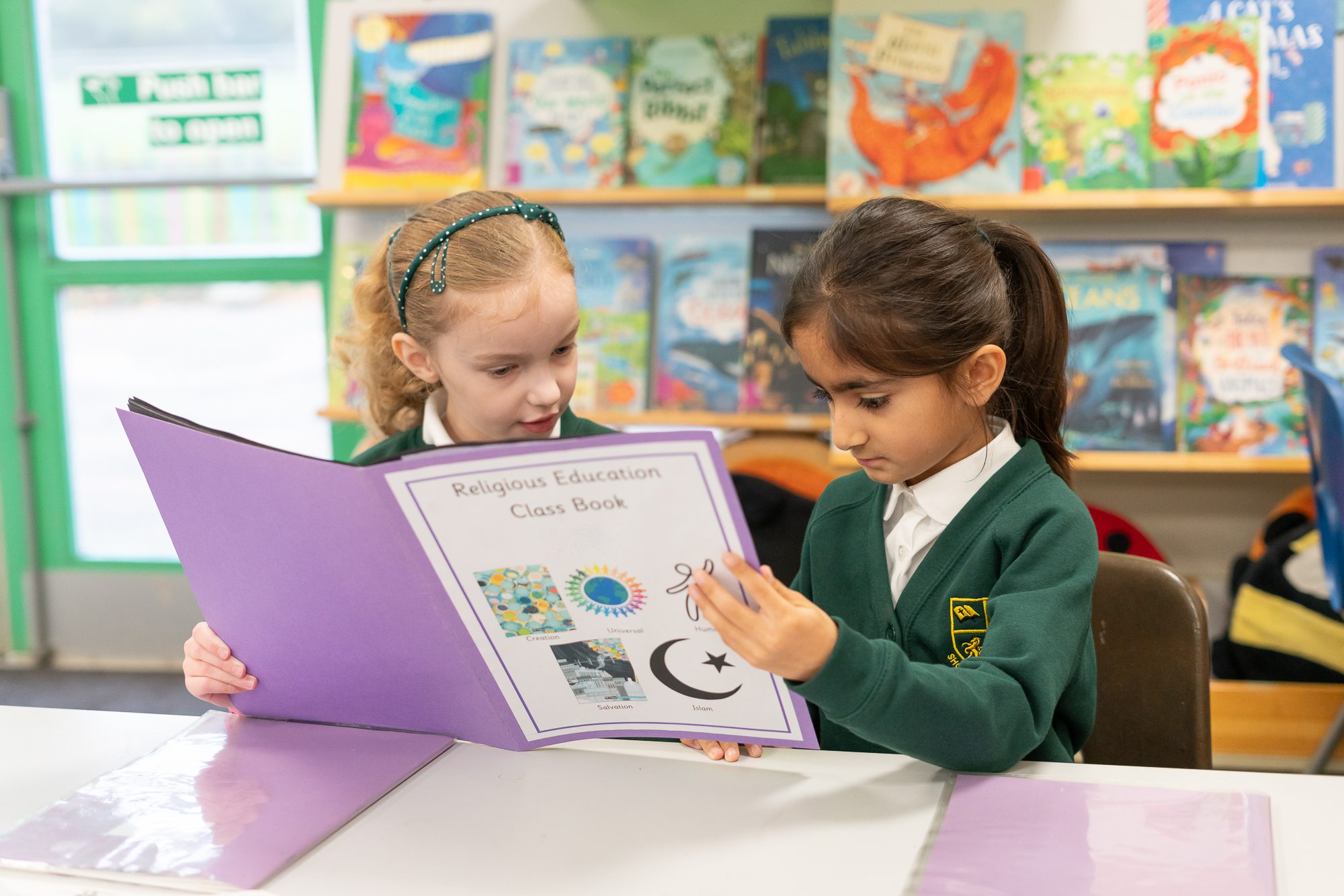Religious Education Subject Leader: Miss L Whitbread
Shorne Church of England Primary School will provide a high-quality Religious education curriculum that recognises and reflects all pupils’ beliefs and practices. Our curriculum is designed to reflect the guidance of the Kent Agreed syllabus. We aim to ensure that every pupil succeeds and develops a greater understanding of Religious Education and religious beliefs.
View our Religious Education Policy here
Intent
At Shorne, we believe it is essential for all our pupils to learn from and about religion to understand our community and the world around them. The aim of Religious Education in our school is to help children to acquire a better understanding of Christianity and other world faiths. The school vision guides Religious Education at our school and is supported by our Christian values of resilience, community and respect. We inspire and develop subject knowledge, skills and understanding of religious beliefs using ‘Understanding Christianity’ resources. Pupils are encouraged to connect, critically reflect upon, evaluate, and apply their learning to their growing understanding of religion and belief, themselves, the world and the human experience.


Implementation
Our RE curriculum is delivered using the Understanding Christianity scheme of work and recommended schemes through the Kent Agreed Syllabus. Pupils study the main world religions: Christianity, Islam, Judaism, Hindu Dharma and Sikhi. We also have additional opportunities throughout the year to study other world faiths and views, such as Buddha Dhamma and Humanism. The scheme of work focuses on learning about religion and learning from religion using the golden threads of reality, God and community to strengthen our children’s ability to identify the connections between religions, communities and people.
RE lessons take the form of discussions and debates, reflection and recording of knowledge, thoughts and views. Children’s learning and ideas and recorded in a variety of formats and we use whole class books and individual books to capture learning. Pupils learn stories from the Bible and other Faiths. They also acquire knowledge of special places, practices, festivals and the role of key figures.
Parents have the right to withdraw their children from RE lessons. This request must be made in writing to the Head of School. Parents are strongly advised to consult with the school to seek further information on the RE curriculum and the approach to teaching and learning before any decision is made.
Impact
Through their R.E. learning, the children are able to:
- confidently give reasoned explanations of how and why the key Christian concepts studied, are related.
- to make links between their own lives and those of others in their community and in the wider world
- develop an understanding of other people’s cultures and ways of life
- give coherent accounts of the implications of biblical ideas and beliefs in the modern world (including local and global examples) and evaluate personally and impersonally how far these ideas help to make sense of the world.
- develop a religious vocabulary and interpret religious symbolism in a variety of forms
- reflect on questions of meaning, offering their own thoughtful and informed insights
- to explain the beliefs of major world religions and world views, their impact on society, culture, and the wider world, enabling them to express ideas and insights.

Religious Education in Each Stage
In EYFS, children begin to understand the core concepts of Creation, Incarnation and Salvation, as well as creatively reflect on what they can learn from the Old and New Testament stories.
In KS1, children extend and broaden their understanding of the core concepts of God, Creation, Incarnation, Gospel and Salvation. They also listen to stories told by and about people of different faith and beliefs. In Year 1, children will gain a better understanding of the Judaism faith, practices, and beliefs and in Year 2, children will gain a better understanding of the Islamic faith, practices and beliefs.
In KS2, pupils deepen their RE thinking skills, whilst reflecting on some of the questions and puzzles that arise from the bible. They build upon the core concepts introduce in KS1 and develop their understanding by also looking at the People of God and the Kingdom of God. They consider any implications or connections with their own lives and ways of understanding the world. KS2 pupils also study a range of religious beliefs including, Sikhi, Hindu Dharma, Islam, and Universal views and begin to compare, question, and reflect upon different cultures and beliefs.
Religious Education Progression
At Shorne Primary, we develop our pupil’s Religious Education understanding through essential skills; growing their depth of knowledge year after year.
SEND Information
Interventions, support, and challenges are constantly revised and adapted to ensure all children are supported in achieving learning. Learning is robustly and continuously monitored and assessed to ensure gaps in learning are addressed. Teachers and support staff offer adaptive teaching to enable access for all, and may provide scaffolds, pre-teaching, and other support and intervention, as outlined in the Kent Mainstream Core Standards. Pupils may also be supported to access learning through the use of Clicker software.

